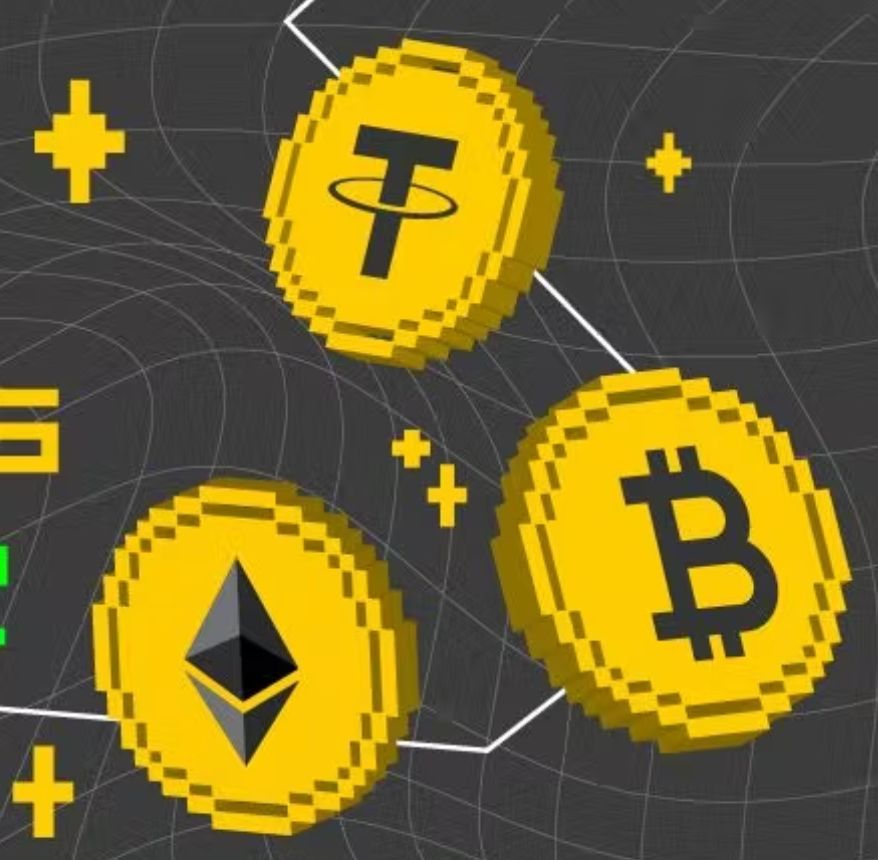The announced disappearance of the free version of the Google search engine can be explained by the competition between the traditional search interface and “natural” interactions with conversational agents. Indeed, these two technologies, even if juxtaposed within Google searches, are fundamentally antithetical, and one will inevitably be abandoned in favor of the other, depending on the evolution of digital usage.
Google’s advertising-based economic model, along with those of other websites, is profoundly challenged by this, calling into question the profitability of network investments for companies like the GAFAM. Users have reached a saturation point in terms of available brain time to view advertisements, making it unlikely that they will accept paying for an internet search, let alone continue to see ads in the results pages of a paid search engine.
This transformation of the multimedia market also implies a shift in digital entrepreneurship and, more broadly, a profound modification of the conditions of freedom of expression and enterprise on the Internet. Conversational agents promote content and products based on radically different criteria from those of search engines. No longer will the advertising budget of online platforms or the number of links to the same content determine rankings in search results generated by AI models, nor will keyword or meta-description statistics.
In reality, language models generalize the semantic analysis of keywords and other tags in content to a new level of complexity, allowing results to be selected based on qualitative rather than quantitative relevance. The number of occurrences of the same result, repetition of content, and advertising investment will no longer be necessary to appear at the top of the rankings.
This results in opacity regarding how content quality will be evaluated, as search results will be closely tied to interactive queries with an advanced degree of personalization for each usage situation. Companies that design and distribute AI models, like OpenAI, Microsoft, or Amazon, do not hesitate to reserve the right to censor and modify their models’ responses based on their economic interests, ideological affiliations, and cultural biases.
They position themselves above developers, users, and experts such as psychologists or educators to decide what content is harmful or offensive, infantilizing users despite lacking the appropriate skills as engineers to do so. Restrictions on individual expression and entrepreneurial freedom are thus much more prevalent with conversational software.
It will no longer be possible to position a blog article through natural referencing with simple SEO optimization. Small businesses will no longer have advertising niches to position themselves against international conglomerates that will have invested in their own economically, ideologically, and culturally biased AI models in the interest of their economic partners.
Artificial intelligence will lock down the Internet; however, the abandonment of the advertising model will also destabilize network giants who have based their economic growth on advertising revenue. Ultimately, the technological evolution of AI implies a return to the free model of the early Internet, without advertising, namely the model of universal cultural and scientific sharing.
The development of free AI software holds hope for selecting content and entrepreneurial or associative initiatives based on their qualitative relevance and in compliance with the principle of Net Neutrality, which is not respected by the economic biases of the GAFAM.
Such a free language model could allow us to select the most creative ideas, the highest quality content, and the most accurate arguments, with mechanisms of transparency and verification. In other words, AI could help us evaluate political measures and debate in digital assemblies of millions of members, but only if the financial benefit goals of AI designers are replaced by a pursuit of neutrality stemming from the efforts of civil society, associations, and the public state.

